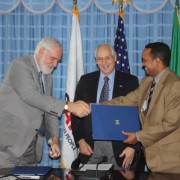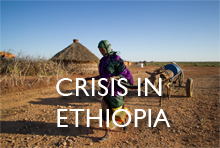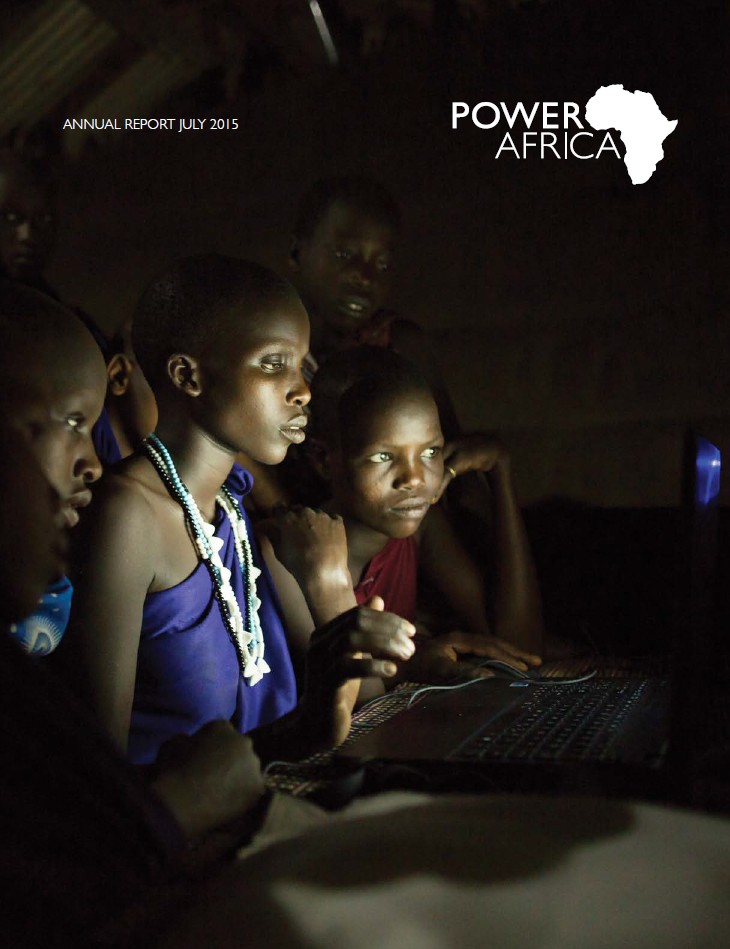The United States Government has launched a new nutrition program, Empowering New Generations to Improve Nutrition and Economic Opportunities, commonly known as ENGINE, which will support the Government of Ethiopia’s efforts to improve the nutritional status of women and young children. The ENGINE program will provide nutrition and health services to 3.1 million children under the age of five, half a million pregnant and lactating women and 3.2 million women of reproductive age in 100 woredas (zones) in the Amhara, Tigray, Oromia, and SNNP regions. The ENGINE program will also provide nutrition services to 2.7 million households participating in agricultural and livelihood programs sponsored by USAID. In addition, ENGINE will provide nutrition and health services for women and children in the rural areas who are infected and affected by HIV/AIDS through partial funding provided by the President’s Emergency Plan for AIDS Relief (PEPFAR).
It is my honor to represent the United States as we celebrate the launch of an important new program designed to improve the nutrition of women and children in Ethiopia. We are focusing our resources on nutrition because good nutrition is what enables a child to grow, learn, and rise out of poverty. Our new program is called “Empowering New Generations to Improve Nutrition and Economic opportunities,” or ENGINE.

Today, officials of the United States Agency for International Development (USAID) and the Ethiopian Ministry of Finance and Economic Development (MoFED) signed agreements on cooperation for economic and social development between the U.S. and Ethiopian Governments. The mutually agreed upon goals for programs in education, health, agriculture, and good governance closely complement Ethiopia’s Growth and Transformation Strategy.
Thank you Mr. Chairman. Let me first extend a warm welcome to our distinguished guests, former President Jimmy Carter; Chairman Sasakawa; our host Minister Tefera; my fellow panelist, Mr. Kubota; colleagues; ladies and gentlemen.
The USAID/Ethiopia CountryDevelopment Cooperation Strategy (CDCS) builds on the progress in Ethiopia since the last country strategy. Seven years ago, the Mission began implementing its last development strategy: “Breaking the Cycle of Famine” which, in the aftermath of the major drought emergency in 2003 that took the lives of tens of thousands of Ethiopian children, was directed at tackling the underlying causes of vulnerability. Much has changed since 2004, and the efforts made to reduce vulnerability have yielded substantial results.











Comment
Make a general inquiry or suggest an improvement.